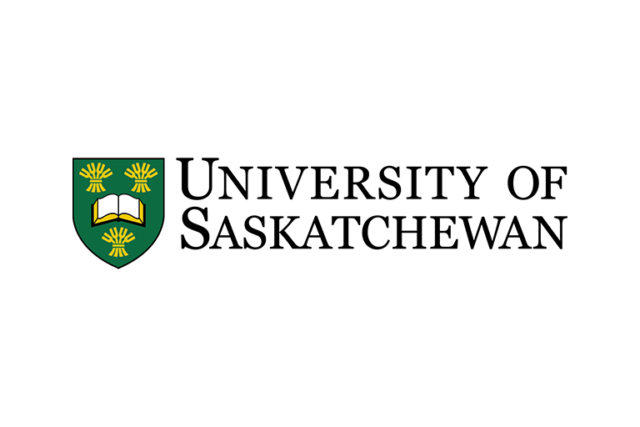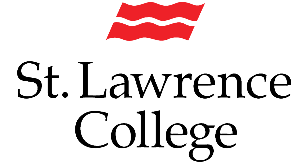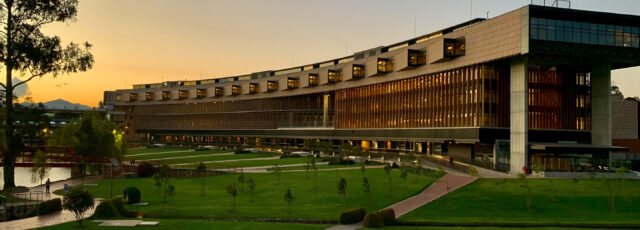
Research & Consulting for Higher Education
Canadian Higher Ed's Most Trusted Partner
Two decades. Over 100 client institutions.
We're here to help Canadian higher ed move forward.
We're here to help Canadian higher ed move forward.
Our Work
Let's Solve it Together
Postsecondary education is a sector dedicated to the pursuit of knowledge, so questions are no stranger to sector professionals. Answers, however, can be hard to find without a little outside help. That's where we come in.
Research
The data insights you need to form a foundation for your next program, plan, or decision.
Consulting
Expert guidance to help you understand your current situation, form your next evidence-based plan, and achieve your goals.
Hear From Our Past Clients
View Case Studies
Read the latest edition of…
Today's Top Ten
May 10, 2024
USask receives $25M from Canada, SK to advance agricultural research
Negotiations, calls for robust discussion surround McGill, Western, U of T, UBC encampments
ON invests $5M to provide mental health, addictions services for postsecondary students
Jewish students, faculty report feeling unsafe on campus
STU, MFC Training launch Bachelor of Arts (Aviation Stream)
McGill, Bois-de-Boulogne, YorkU, Royal Roads announce sustainability initiatives
BC Human Rights Commissioner calls on institutions to protect student protesters
Concordia-led Climate Data Hub for Greater Montréal launches
Why DEI efforts in Canadian postsecondary struggle to meaningfully address racism: Opinion
ACC, Cambrian, Lambton, Niagara, C2R2 recognized by WFCP
Indigenous Top 10
May 1, 2024
Funding announced for Eabametoong First Nation, rapid response team after fire destroys school
UFV, Stó:lō Nation partner to give dual-credit ECE students learning opportunities
Bow Valley pilots new module showing changes in landscape over time
NETC faces financial difficulties as students struggle to access classes, instructors report lack of pay
Mother Teresa Middle School program helps Indigenous students succeed with land-based curriculum
Camosun initiative to decolonize English placement assessments for Indigenous students grows into national project
Sweet Grass acquires giant map showing Indigenous communities, languages, historical information
UWaterloo breaks ground on Indigenous outdoor space
New pre-nursing pilot program to help Eeyou Istchee students pursue nursing at John Abbot
AB draft K-6 social studies curriculum containing more Indigenous content ready to pilot

The Perfect Fit.The First Time.
Simplify your hiring process or job search with Canada's leading postsecondary job board.














